Hi folks,
My name is Jack Cole. I am the executive director of Law
Enforcement Against Prohibition (LEAP). I am also a retired detective
lieutenant-26 years with the New Jersey State Police and 14 in their
Narcotic Bureau, mostly undercover. I bear witness to the abject
failure ofthe U.S. war on drugs and to the horrors produced by its unintended
consequences.
Please read the LEAP Op-Ed below or at
http://www.boston.com/bostonglobe/editorial_opinion/oped/articles/2008/09/13
/the_solution_to_the_failed_drug_war/ and send in a short letter to the
editor of support if you agree with us.
You can also go to
http://buzz.yahoo.com/article/1:bostoncom751:516ff77ba3af023de9a4ca5f4520200
6?usc=1 and vote to "Buzz" it up on the Yahoo "Y! buzz".
Peace,
Jack
Jack A. Cole
Executive Director
Law Enforcement Against Prohibition
121 Mystic Avenue, Medford, MA 02155
(781) 393-6985 LEAP Office (781) 393 2964 FAX
(781) 396-0183 Home Office (617) 792-3877 Cell
jackacole@leap.cc www.leap.cc
<http://www.leap.cc/>
"You can get over an addiction but you will never get over a conviction."
Home / Globe / Opinion / Op-ed Jack A. Cole
The solution to the failed drug war
By Jack A. Cole, Boston Globe, Opinion,
September 13, 2008
WAR AND RACE dominate the presidential campaign, but one nation-shaping
war with profound racial consequences eludes the political radar: the drug
war.
I was a frontline soldier in this self-perpetuating, ineffectual effort
that has swallowed more than a trillion tax dollars and currently yields
nearly 2 million arrests every year for nonviolent offenses. I helped
incarcerate some 1,000 young people as part of this irredeemably wrongheaded
attempt to arrest our way out of our drug problems. Those arrests will follow them to their graves.
I know they follow me.
But while no other country locks up as large a percentage of its
citizens, the specific impact on minority families has been one step short of the
reinstitution of slavery: from media portrayals of marijuana-crazed
Mexicans, opium-crazed Asians, and cocaine-crazed blacks, this war has
always been about race.
The 1980s produced a jump in the number of cocaine-related stories
focused on minority use, yielding grave concern and a dramatic increase in the
minority prison population. Many people, of course, assumed that
minorities were disproportionately involved in drugs. Even a seemingly street-wise show like "The Wire," which correctly abandoned all hope for this war,
supported that impression, portraying virtual swarms of drug-involved blacks.
In fact, according to Federal Household Surveys, whites, blacks, and
Hispanics use drugs in direct proportion to their percentage of the
population. So, for example, blacks, who are 13 percent of our
population, account for 13 percent of our drug use. Yet, according to US Bureau of Justice Statistics, of convicted defendants, 33 percent of whites
received a prison sentence and 51 percent of African-Americans received prison
sentences. Moreover, the US Sentencing Commission found that black drug
defendants receive considerably longer average prison terms than do
whites for comparable crimes.
This is not a geographical fluke: a 2007 Justice Policy Institute study
found that in Florida blacks were 75 times more likely to be stopped
and searched for drugs while driving than whites; in 1991, blacks were 7
percent of St. Paul's population but 62 percent of those arrested on drug
charges; and in Onondaga Country, Syracuse, N.Y., black people are currently 99 times more likely to go to prison for drugs than white people.
There are more black men in US prisons today than there were slaves in
1840, and they are being used for the same purpose; working for private
corporations at 16 to 20 cents an hour. Half the states have private,
for-profit prisons whose lobbyists are demanding longer mandatory-minimum
prison sentences. Indeed, American blacks are incarcerated at nearly
eight times the level of South African blacks during the height of apartheid.
Inner-city communities are devastated not by drug use but by the same
turf-war street violence that accompanied alcohol prohibition and that
dramatically decreased once that drug was legalized and regulated.
Almost one in seven African-Americans are denied voting rights largely because
of drug arrests, and countless minorities are denied intact families,
college loans, driver's licenses, and jobs because of selective enforcement of
a prohibition that, even fairly enforced, prevents no one from using
drugs.
But things are changing, as resistance grows in precisely those
communities hardest hit by this failed policy.
In 2006, the National Hispanic Caucus of State Legislators passed a
resolution condemning the failed war on drugs and calling for treatment
rather than incarceration. That resolution was echoed by a similar
resolution passed unanimously by all 225 mayors at their national
conference in 2007. And a national association of black police officers is
expected to officially endorse the call for an end to drug prohibition.
I represent Law Enforcement Against Prohibition, an international
organization of sworn antidrug warriors who know that we must end this
prohibition in order to legalize and regulate all drugs, thus wresting
control from the cartels and street thugs who prey on children.
Ending this prohibition is a singularly potent civil rights issue. It
is a remarkable movement, led by both white and minority law enforcement
officials.
In an election infused with racial overtones, we wonder which
politicians will be brave enough to follow.
Jack A. Cole is executive director of Law Enforcement Against
Prohibition.
Forming ethical coalitions that stand for peace, human rights, the environment, social justice and prosperity.
What is Patriotism
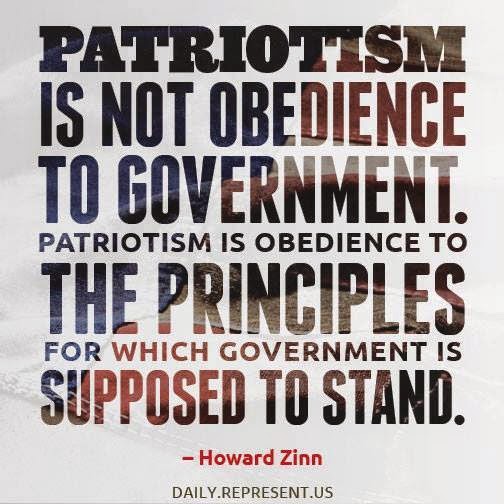
Go down to the bottom to see postings in alphabetical order
Welcome to the Progressive Thinkers
Pages
- CommunityCoalition
- Contact Me
- Get Animations Here
- YouTube Videos
- Videos
- Humanism
- The Citizen's Commission on Human Rights
- Wealth Inequality
- The Venus Project
- The Four Horsemen
- Películas Zeitgeist en español
- Zeitgeist Movies
- The Collective Madness of the American Empire
- Progress in the World Radio Show
Economic Hitmen
Subscribe to:
Post Comments (Atom)
The Hidden Enemy
Healing

Healing
Corruption
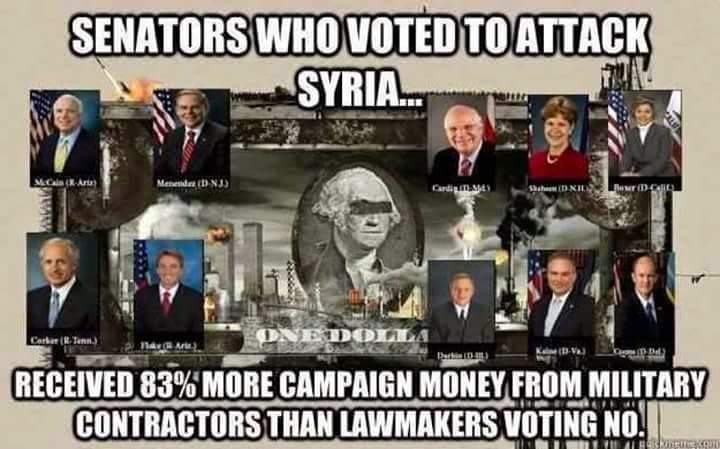
Corruption in the Senate
Compassion
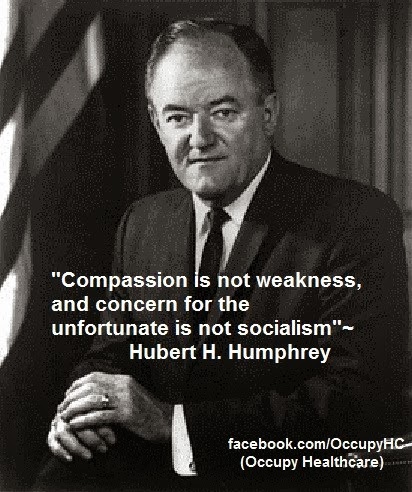
Compassion
Raise the Minimum Wage
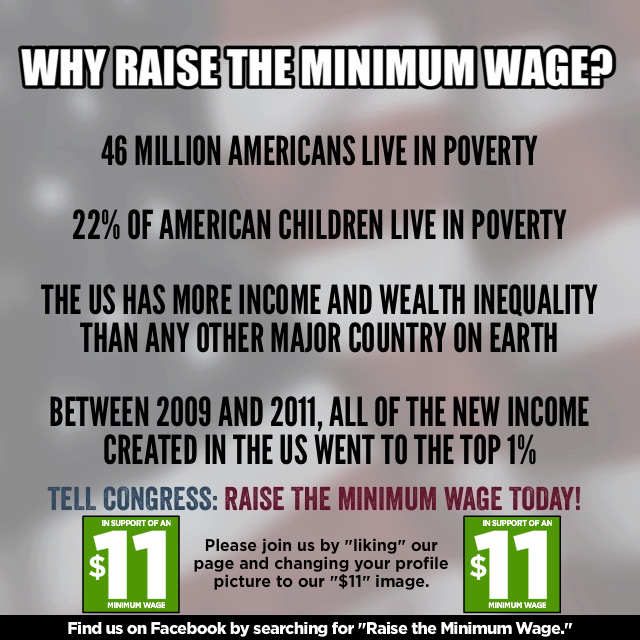
Capitolism

Hypocrits

My New Book About Sudan
Ceasar's Messiah Movie Trailer
The Dark Side of Coffee Trade
Miko Peled "The General's Son" Exposes Israeli Lies
Are these Your Heros?

National shame

Law Enforcement Against Prohibition
Stephen Fry on Catholisism
Juanita Ayson on Accupuncture
Interview with Congressman Filner
Free Trade Enslaves Us All
Blog Archive
-
▼
2008
(348)
-
▼
September
(58)
- [SDCPJ] [World Beat] Scorched-Earth Presidency
- [SDCPJ] Join the Peace Center for Dinner at the Bi...
- The Rich Are Robbing Us
- 9/11 Responders Need Floor Vote For Health Care
- [SDCPJ] Save the Date Fri, Oct 24: Book Tour; Bill...
- Palin Investigation
- [SDCPJ] Protest military gun ranges in SD schools,...
- [SDCPJ] peace meditation and communion at Friendsh...
- [SDCPJ] Reminder: GreenBuilt Tour, Oct 4-5
- [SDCPJ] Oct. 11 Forum/Teach-In: "Wars, Elections &...
- Video: Bob Bowman Speaks at San Diego County Comm...
- [SDCPJ] *** Let's Party!!! DNC/RNC Legal Fund Bene...
- [SDCPJ] Stop the U.S.-India Nuclear Deal
- New First Nations Films Available
- CenterForConstitutionalRights
- MUSLIMS CONDEMNS ATTACK ON U.S. EMBASSY IN YEMEN
- Ralph Nader
- my vote for Oct 12th at JB---"9/11 Dust and Deceit"
- Barry Jennings survivor of WTC-7 now dead
- Election films - latest 2
- Bernie Sanders on The Economic Crisis. Senator fr...
- Save the Date - Special Event
- Financial Information That Should Be Of Interest
- [SDCPJ] Reminder: Rainwater Talk, Sun. Sept. 21, 3pm
- [SDCPJ] Have fun while helping young people resist...
- Important Video and Flyers About Community Coalit...
- [SDCPJ] Reminder! International Day of Peace Celeb...
- [SDCPJ] URGENT: Act now to restrict ASVAB testing ...
- [SDCPJ] Fwd: [isosandiego] The Truth about the 'Go...
- [SDCPJ] Urgent! Border Fence Briefing for San Dieg...
- [SDCPJ] Celebrate U.S. Consitution Day
- [SDCPJ] last call to reach students
- White Priviledge
- [SDCPJ] Stop Blackwater/Commemorate Victims of Nis...
- Laura has sent you a message from truthout
- Jim Bell, Ecological Designer: Energy Self-suffic...
- Law Enforcement Against Prohibition
- Laura has sent you a message from truthout
- Laura has sent you a message from truthout
- Slate Article: Is Grandpa Bad for the Environment?
- Christian the Lion: Love knows No Limits
- Reflections on9-11 by Cindy Sheehan
- [SDCPJ] STOP BLACKWATER! REMEMBER NISOUR SQUARE MA...
- [SDCPJ] Fwd: Bring "Battle in Seattle" to your loc...
- [SDCPJ] students not soldiers
- [SDCPJ] get up early, save a life!
- [SDCPJ] Military resister deported from Canada now...
- [SDCPJ] Urgent - Event Tuesday Night on Police Ass...
- [SDCPJ] Urgent: Contact Calif. Gov. re. AB2994/mil...
- [SDCPJ] Youth Peace Education Enters 7th Year!
- Obama and Biden share feelings on Republican VP pick
- Action Center
- [SDCPJ] Join us on Int'l Peace Day for a celebrati...
- [SDCPJ] Update on Police Presence at RNC!
- 9-11-279] Visit 2ndResponders.org in San Diego | T...
- [SDCPJ] Protests at the RNC
- Laura has sent you a message from truthout
- Laura has sent you a message from truthout
-
▼
September
(58)
Farouk Al Nasser
Farouk Al Nasser at NCCPJ
Victor Calle
At NCCP April 2008
Gore Vidal and Floyd Morrow
April Fundraiser in San Diego
Tanja and Cindy Sheehan
Fund raiser for Cindy April 2008
CITN

The Citizens' Internet Television Network
CITRad

The Citizens' Internet Radio Network
Save America
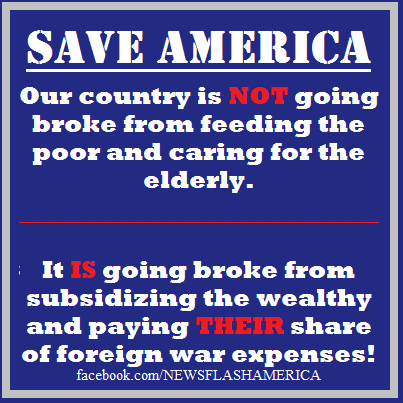
Save America
Fighting

Fighting
Believe
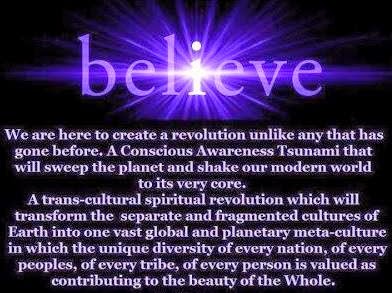
Believe
We Are All One

We Are All One
Secular Humanism

Secular Humanism
Change the System

Change the System
A Lie Does Not Become the Truth
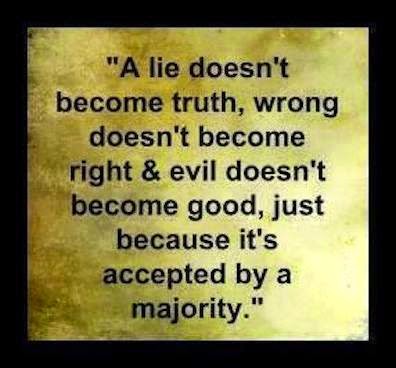
A lie does not become the truth
Coexist

Coexist
Bankers
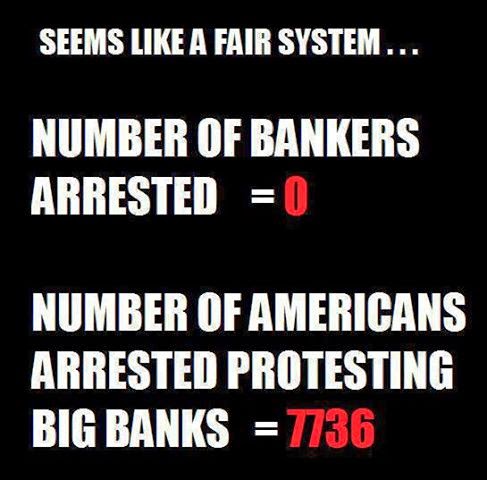
Bankers
Fetus Rights
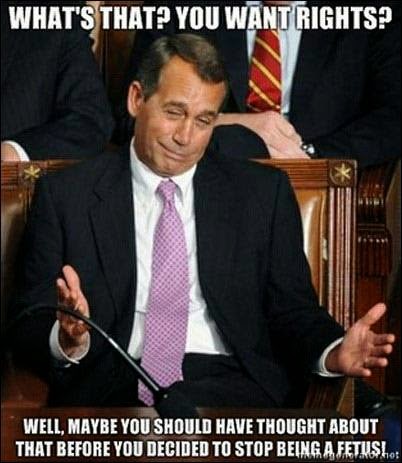
Fetus Rights
The Earth Was Created
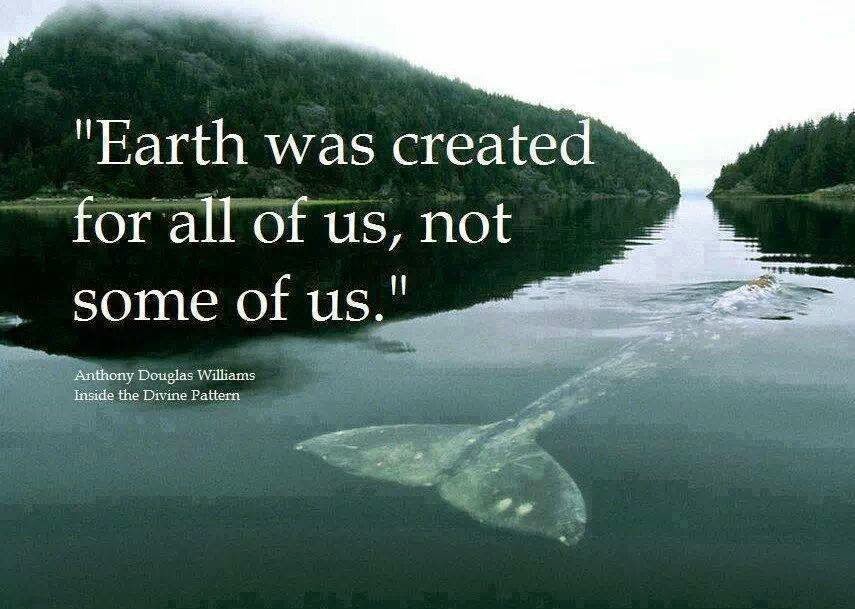
The Earth Was Created
Lessons
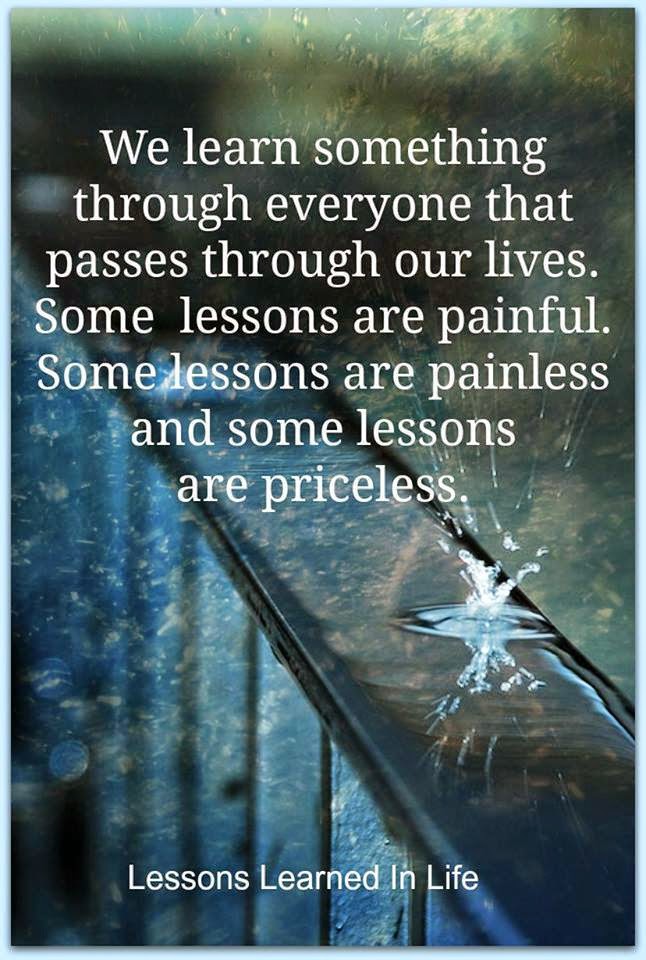
Lessons
No comments:
Post a Comment